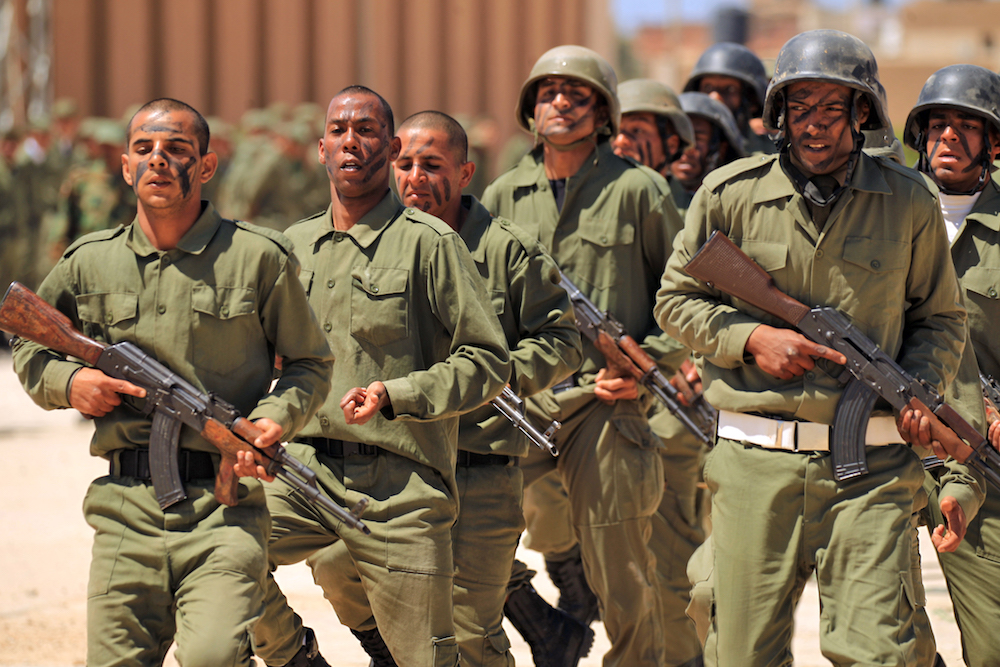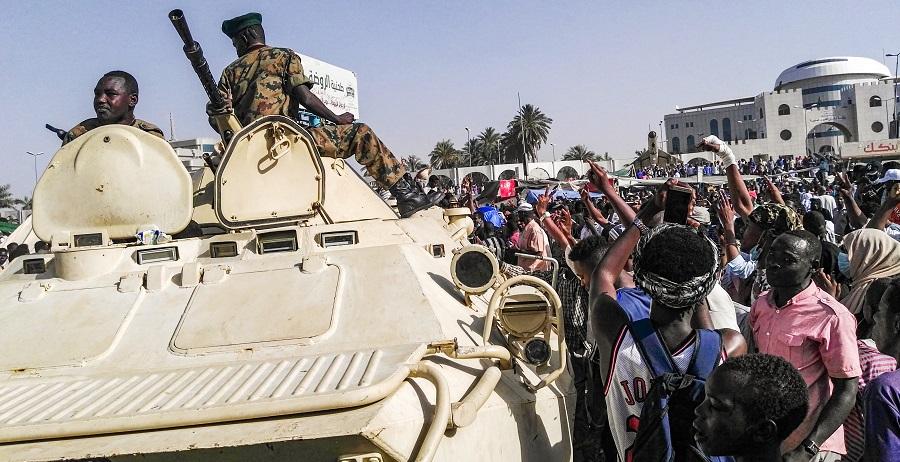Turkish opposition candidate officially declared Istanbul’s new mayor
ANKARA: Turkey’s main opposition party candidate on Wednesday was finally declared as the new mayor of Istanbul.
Republican People’s Party (CHP) prospect Ekrem Imamoglu’s official mandate from the city’s election board came almost three weeks after votes were cast and despite a pending appeal from Turkish President Recep Tayyip Erdogan’s ruling Justice and Development Party (AKP) for a rerun of the poll.
The decision follows results showing Imamoglu marginally ahead in the disputed mayoral election in Turkey’s biggest city.
The long-awaited news, which will see Imamoglu take office for five years, quickly started trending on social media with Twitter hashtags #MazbataGeldi (MandateHasCome) and #BaharGeldi (#SpringHasCome).
“I’m getting the mandate of 16 million residents of Istanbul,” Imamoglu, the new rising star of Turkish politics tweeted on his way to the electoral board’s offices where hundreds of supporters welcomed him.
Although a little-known district mayor of an Istanbul suburb, Imamoglu, the 48-year-old challenger to Erdogan and his party, energized and consolidated the opposition votes by using a conciliatory tone during his campaign.
A recount of all votes, including invalid ones, in several districts of Istanbul confirmed Imamoglu to be ahead by 13,729 votes.
The AKP’s electoral defeat in Istanbul – Turkey’s cultural, financial and commercial hub – as well as in the capital Ankara, has created political tension in the country, with the uncertainty hitting the value of the lira.
Losing Istanbul also marked a personal blow for Erdogan who began his rise up the political ladder as mayor of the city in 1994.
However, the country’s Supreme Electoral Council (YSK) is yet to rule on whether the AKP’s formal demand for a new election has any merit. If the YSK accepts the application, based on alleged widespread irregularities, Imamoglu’s mandate could still be taken back.
An announcement from the YSK on whether to rerun the vote in early June is expected in the coming days.
“This is a big victory for the Turkish opposition in a competitive authoritarian regime, which showed a great resilience,” Orcun Selcuk, an expert on comparative politics, told Arab News.
“Unlike previous elections, the Turkish opposition looked organized and caught the incumbent party by surprise. The AKP leaders failed to provide logical arguments to back up their claims of systematic manipulation,” Selcuk said.
Imamoglu gave a rousing speech to supporters in front of the Istanbul metropolitan municipality building.
In an exclusive interview with Arab News, CHP parliamentarian Burhanettin Bulut said the decision to give Imamoglu his certificate of mandate had avoided throwing Turkey into chaos.
“Now it is time to restore our country, beginning in the cities, by taking into consideration social expectations. The political pressure of the new executive presidential system at the top can only be balanced by local governance at the grassroots,” he said.
Sezgin Tanrikulu, Istanbul CHP deputy and a well-known human rights lawyer, said he did not think the YSK would give the green light to an election rerun as the AKP’s application was legally flawed.
“This decision ended 25 years of control of Istanbul by the AKP and its Islamist predecessors. From now on, an egalitarian, transparent and democratic approach will prevail,” Tanrikulu told Arab News.
Nezih Onur Kuru, a doctoral researcher on political psychology from Koc University, in Istanbul, said Imamoglu had refrained from using polarizing language after the elections, and his popularity had increased as he organized rallies in every district of Istanbul where the CHP had won.
“Imamoglu kept his calm even though Erdogan and his nationalist ally MHP continuously targeted him with their statements. Imamoglu, however, stated that he would not discriminate against AKP supporters,” Kuru told Arab News.
According to Kuru, the new mayor, who comes from a conservative family, prevented the AKP and MHP voters from rallying behind his rival Binali Yildirim.

Turkey freezes assets of senior Houthi militia leadersTurkey’s opposition takes office in Istanbul, appeal still pending





